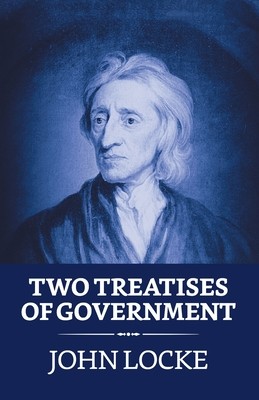
- We will send in 10–14 business days.
- Author: John Locke
- Publisher: True Sign Publishing House
- ISBN-10: 935462863X
- ISBN-13: 9789354628634
- Format: 14 x 21.6 x 1.4 cm, minkšti viršeliai
- Language: English
- SAVE -10% with code: EXTRA
Reviews
Description
John Locke (1632-1704) is among the most influential political philosophers of the modern period. In the Two Treatises of Government, he defended the claim that men are by nature free and equal against claims that God had made all people naturally subject to a monarch. The Second Treatise consists of a short preface and nineteen chapters. In chapter i, Locke defines political power as the right to make laws for the protection and regulation of property. In his view, these laws only work because the people accept them and because they are for the public good. The Treatises were written with this specific aim--to defend the Glorious Revolution. Locke also sought to refute the pro-Absolutist theories of Sir Robert Filmer, which he and his Whig associates felt were getting far too popular.
EXTRA 10 % discount with code: EXTRA
The promotion ends in 23d.22:48:08
The discount code is valid when purchasing from 10 €. Discounts do not stack.
- Author: John Locke
- Publisher: True Sign Publishing House
- ISBN-10: 935462863X
- ISBN-13: 9789354628634
- Format: 14 x 21.6 x 1.4 cm, minkšti viršeliai
- Language: English English
John Locke (1632-1704) is among the most influential political philosophers of the modern period. In the Two Treatises of Government, he defended the claim that men are by nature free and equal against claims that God had made all people naturally subject to a monarch. The Second Treatise consists of a short preface and nineteen chapters. In chapter i, Locke defines political power as the right to make laws for the protection and regulation of property. In his view, these laws only work because the people accept them and because they are for the public good. The Treatises were written with this specific aim--to defend the Glorious Revolution. Locke also sought to refute the pro-Absolutist theories of Sir Robert Filmer, which he and his Whig associates felt were getting far too popular.


Reviews